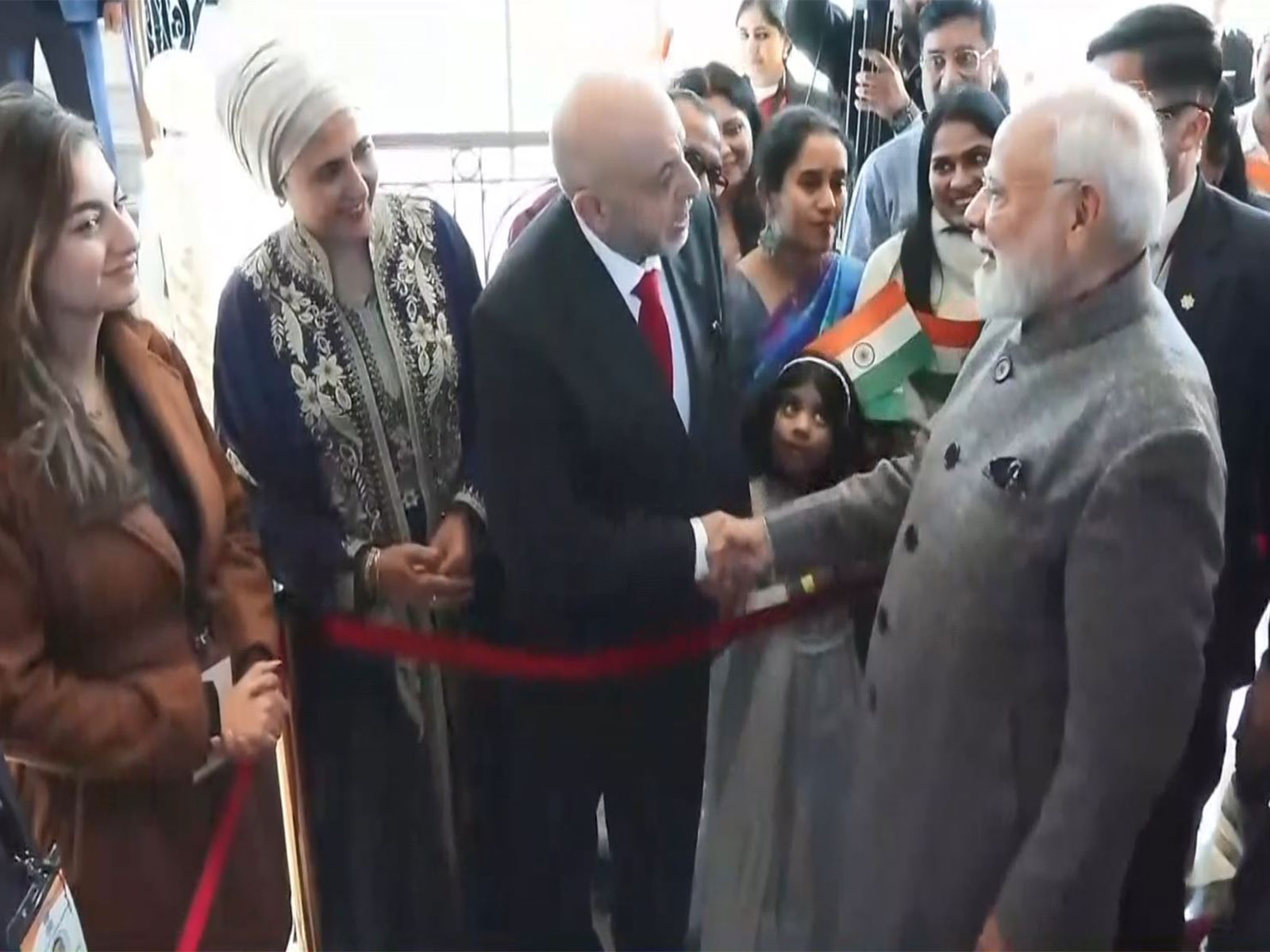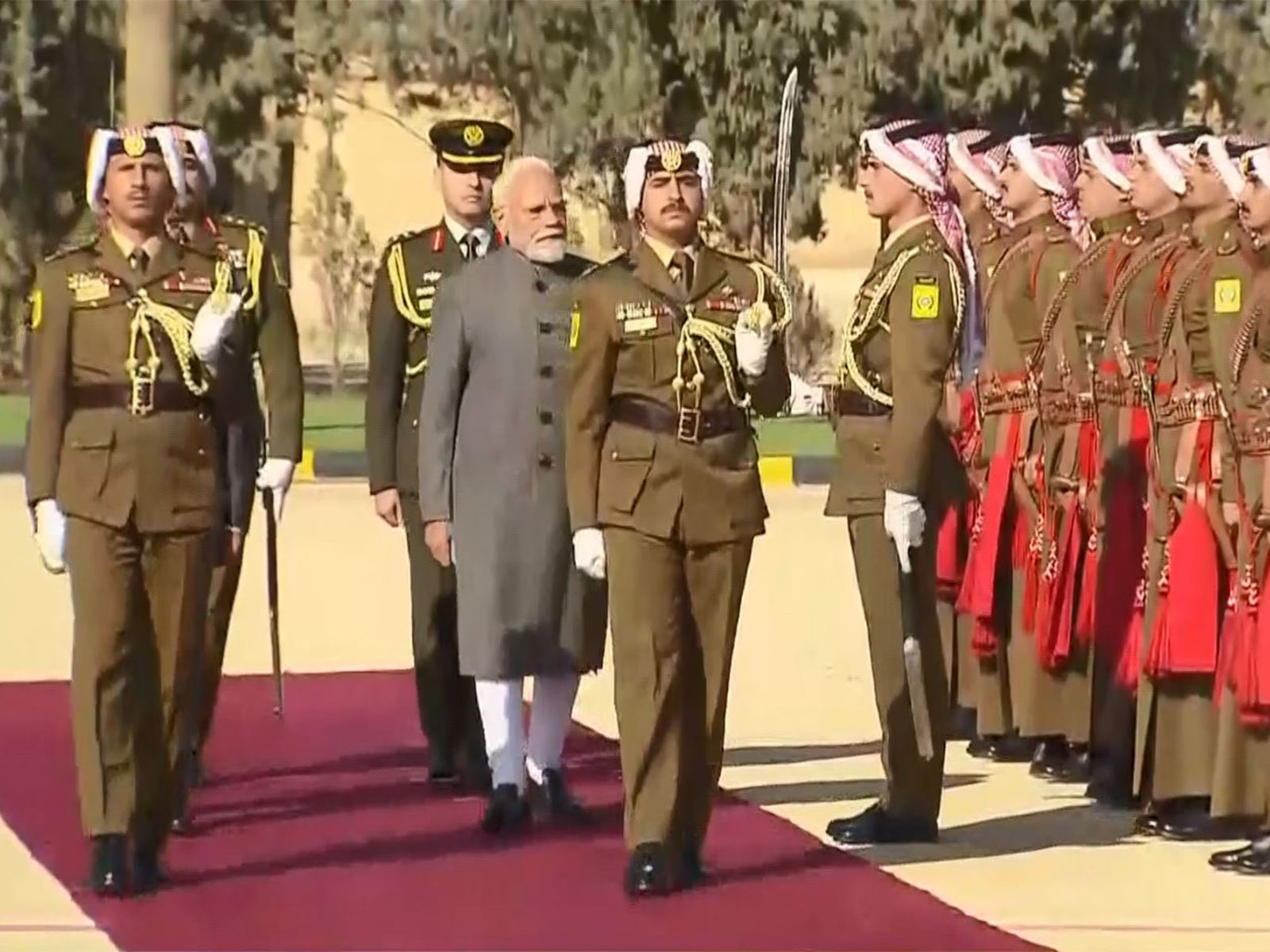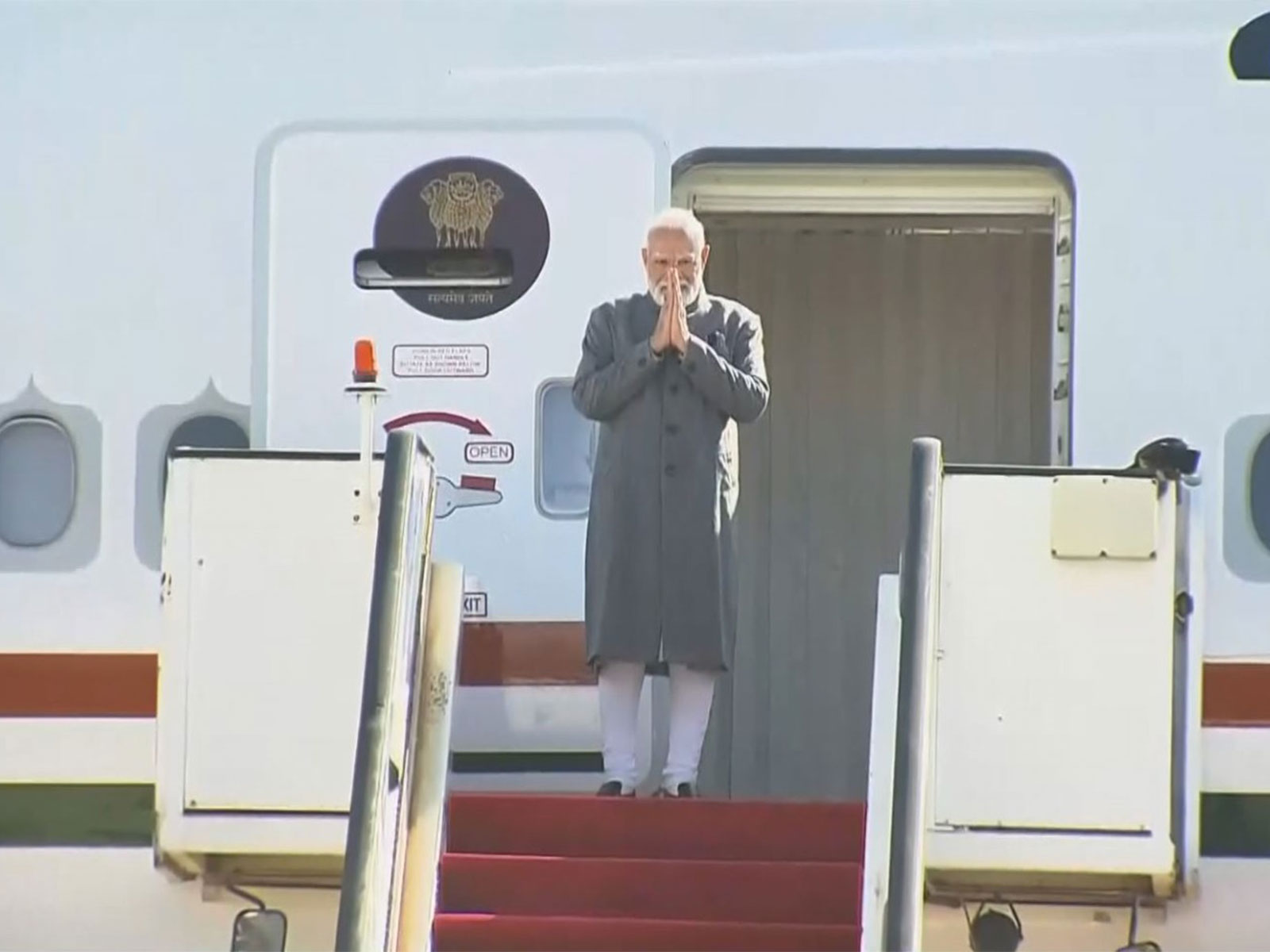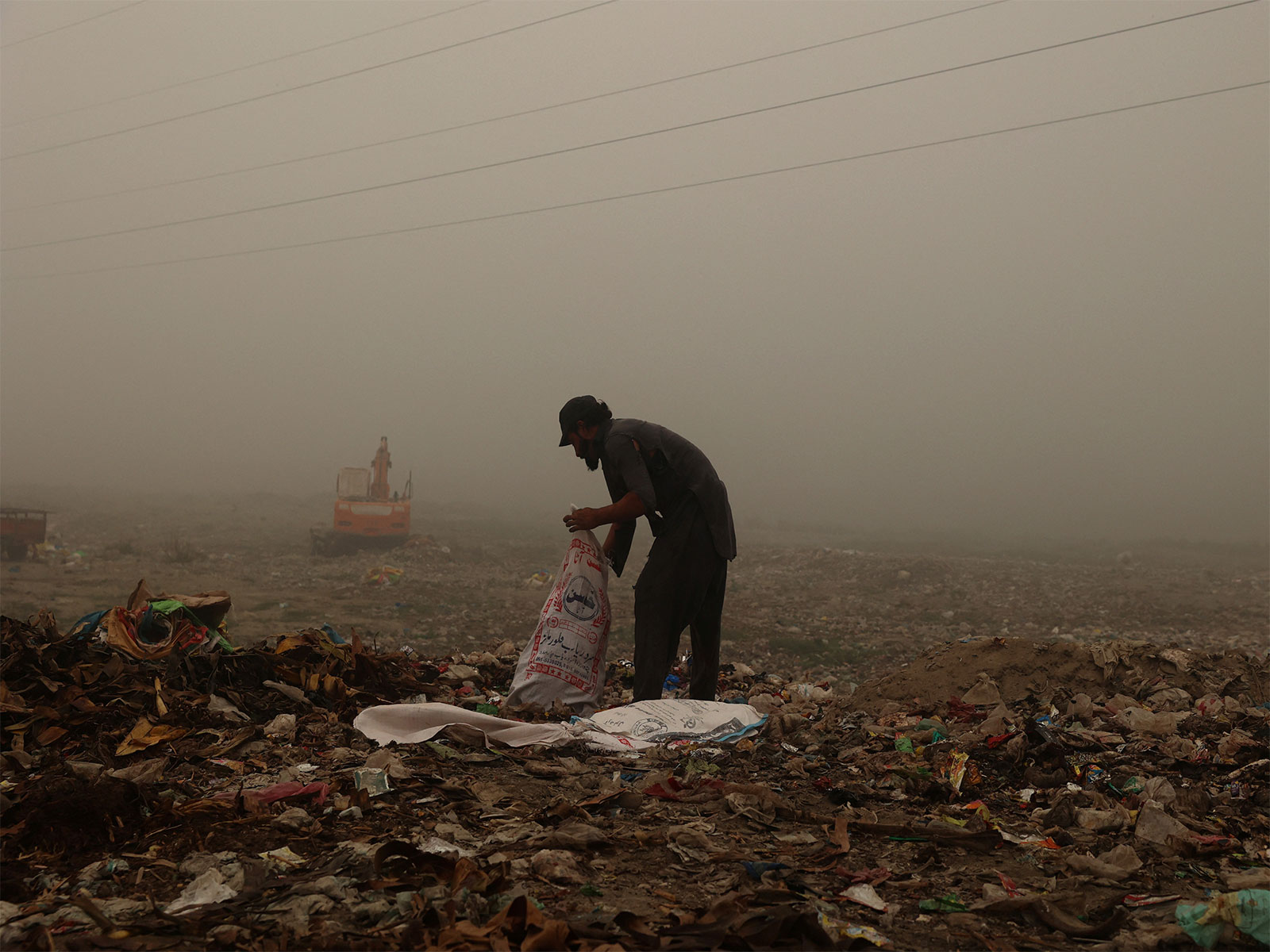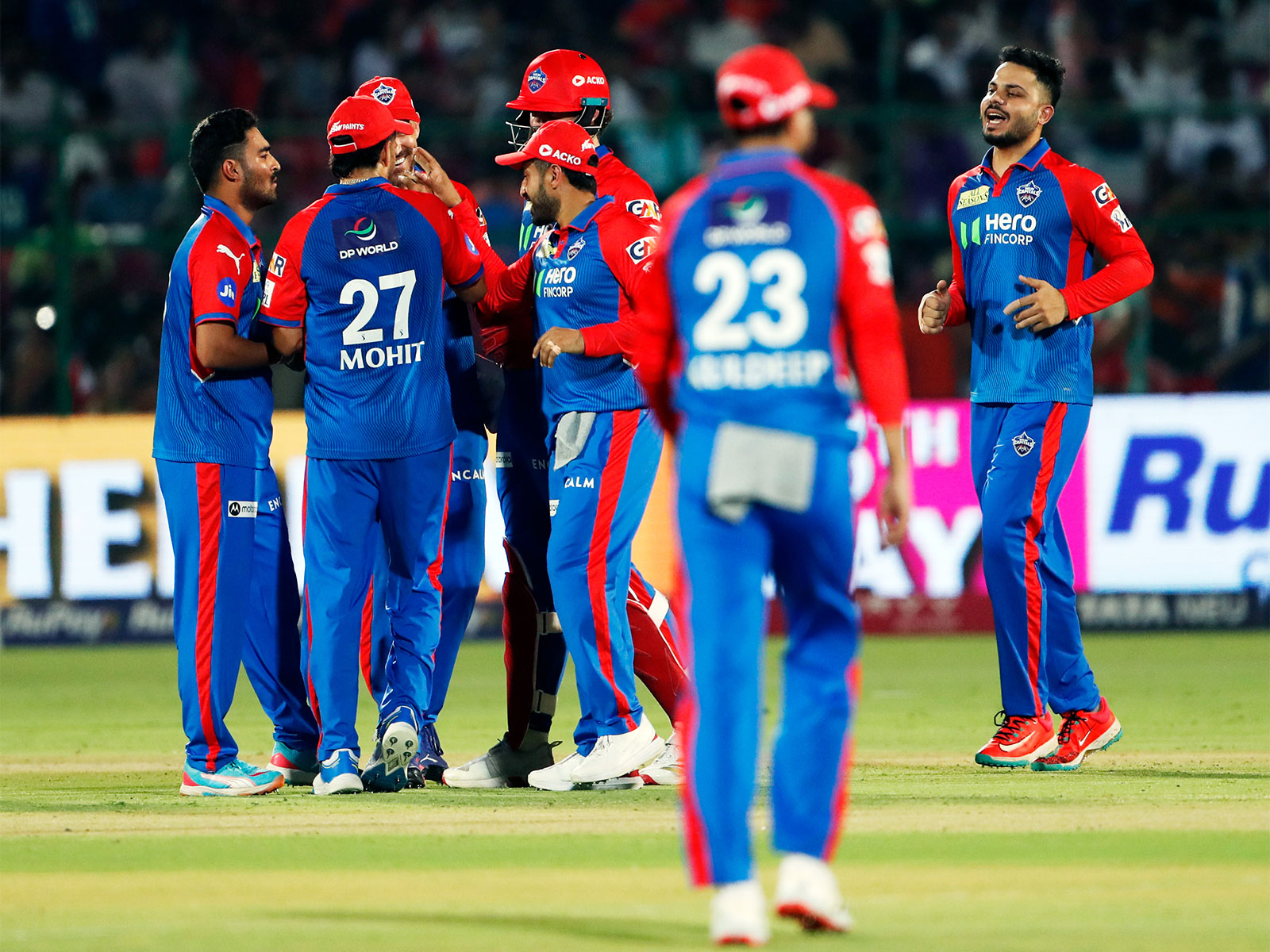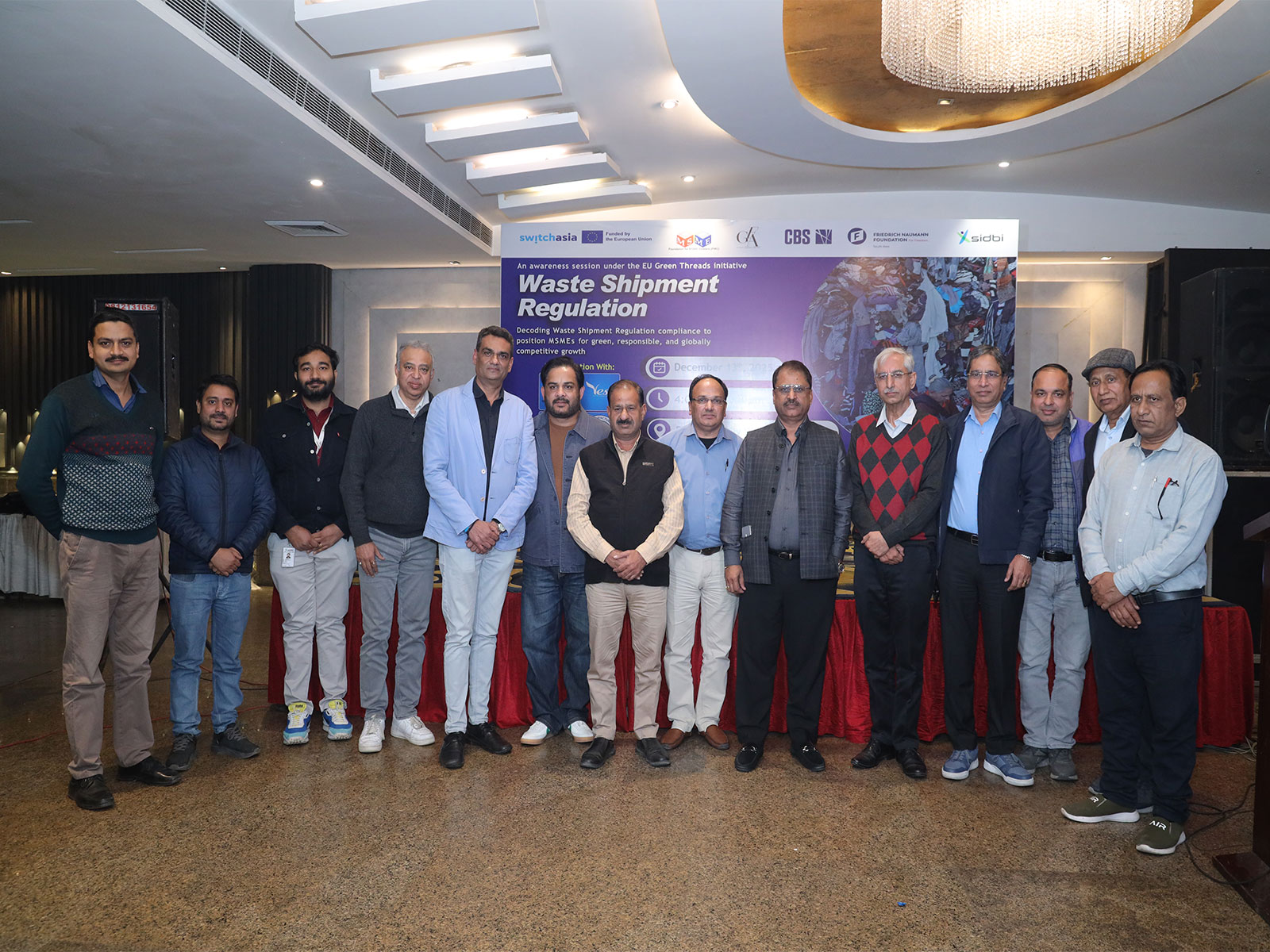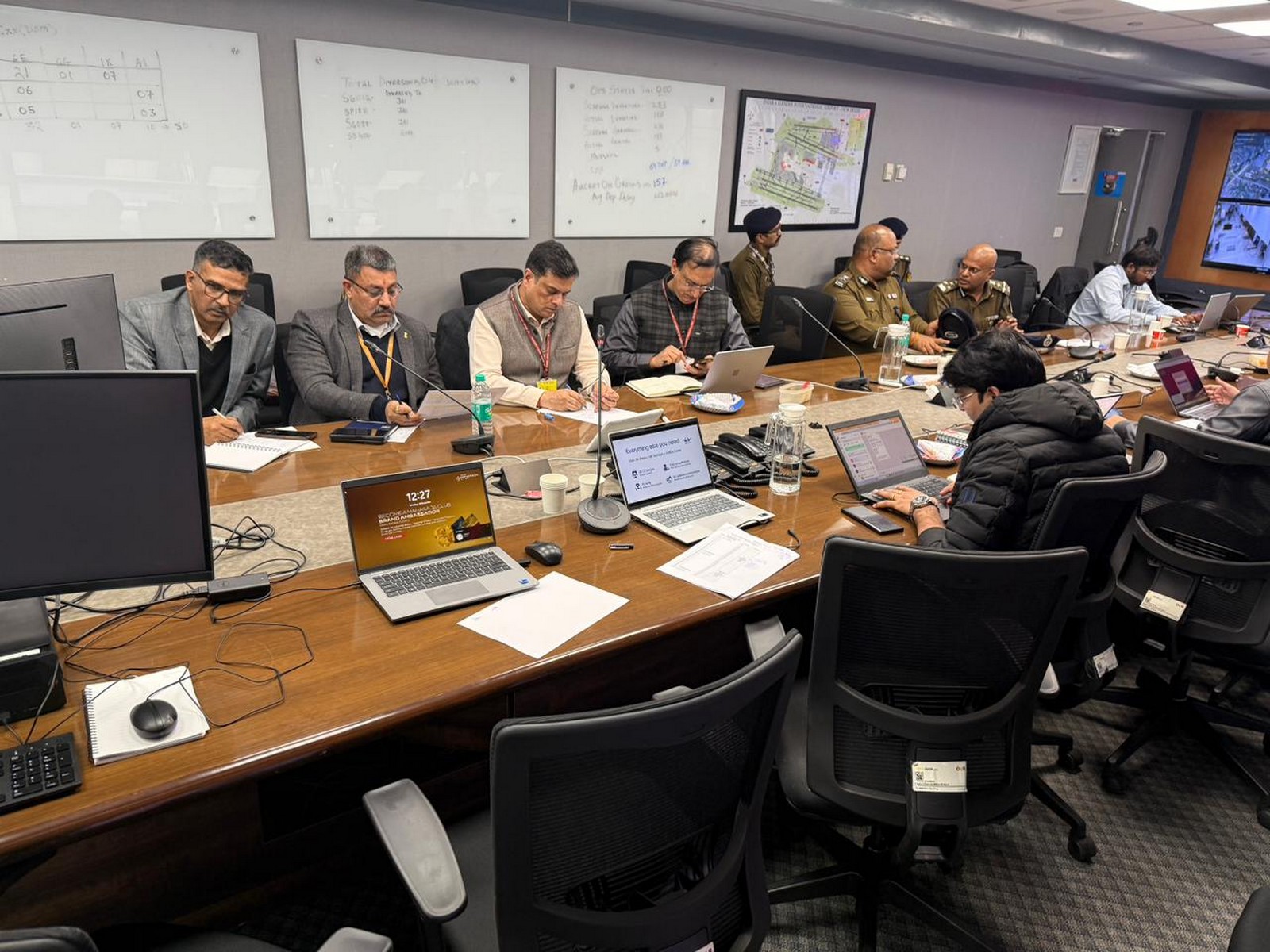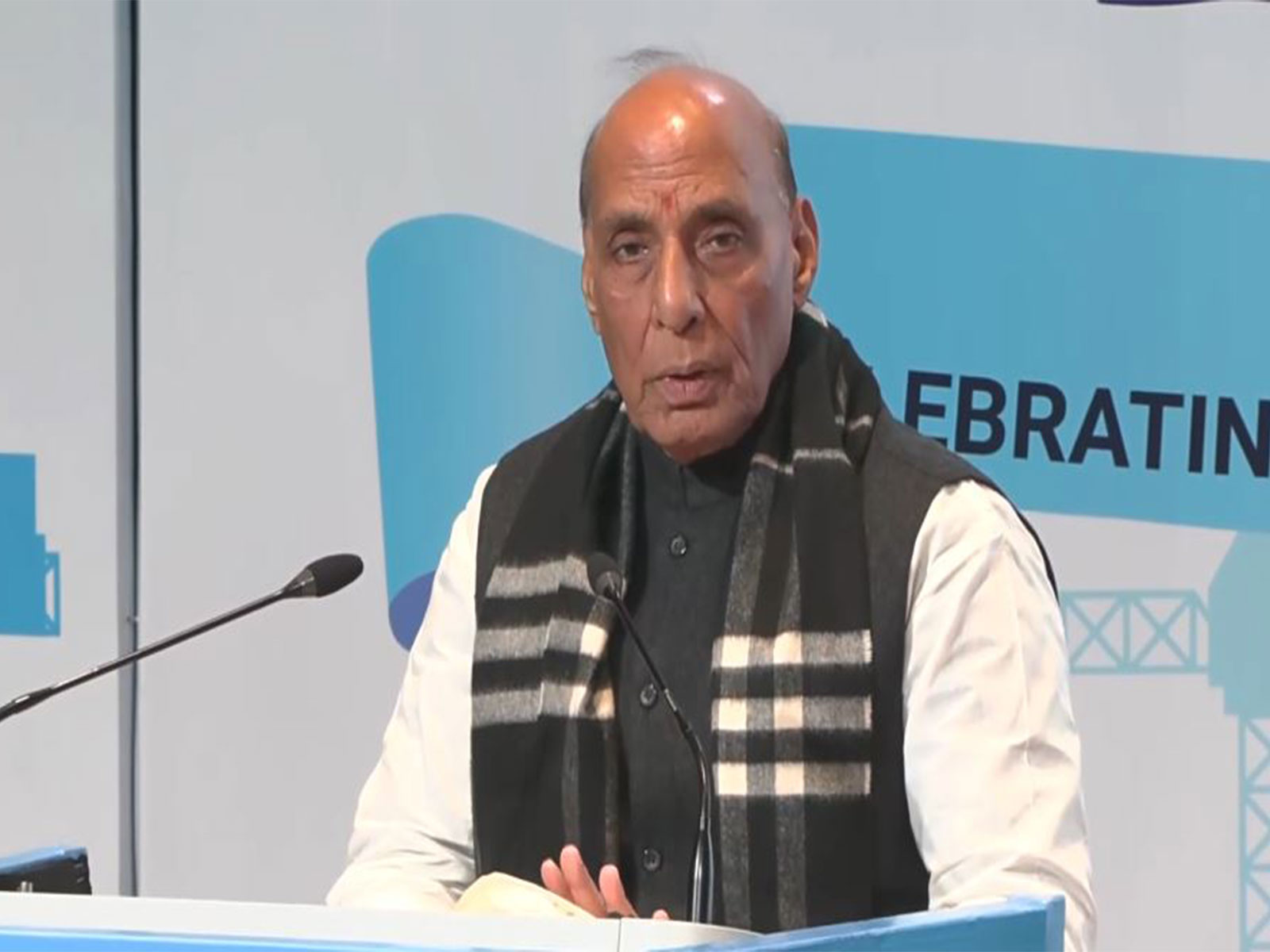"Canadian government can't distinguish between freedom of expression, promoting hatred": senior journalist Tahir Gora
Sep 19, 2023

Toronto [Canada], September 19 : Senior journalist based in Toronto, Tahir Gora has termed as “shocking” the allegations made by Prime Minister Justin Trudeau that India played a role in the killing of Hardeep Singh Nijjar, the Chief of Khalistan Tiger Force and a designated terrorist.
Gora described the current situation as a very "tough phase" for ties between the two countries.
He also said that the Canadian government has not been able to distinguish between “freedom of expression” and “propagation of hatred.”
This comes after Trudeau on Monday, accused the Indian government of being behind the fatal shooting of the wanted Khalistani leader, CBC News reported.
This was followed by an Indian diplomat being expelled from the country and a reciprocal move of a Canadian diplomat being expelled from India, signalling a further souring of ties between the two countries.
Speaking to ANI, Tahir Gora said, “Exactly three months after the killing of Sikh separatist leader Hardeep Singh Nijjar, PM Justin Trudeau said in the Parliament that the Indian government is behind the killing of Nijjar. This was followed by Canada's Foreign Minister announcing that they had expelled an Indian diplomat. This is a bombshell announcement.
Gora has also called the timing of the revelation particularly shocking it happened just after PM Trudeau’s visit to India for the G20 Summit.
“As Canadians, we all know that Trudeau’s visit was not very good. The statement from the Indian side after the meeting between the two leaders also showed the tensions between the two countries. Both the Indian media and Canadian media have termed the visit of Trudeau as a ‘humiliating visit’,” Gora said.
He added, “The timing is very shocking for the Indian-Canadians. This revelation could have been made earlier or maybe later, after the investigation was completed. PM Trudeau also said in the Parliament that he had talks regarding this issue with Prime Minister Narendra Modi while he was in India. There are a lot of questions if there are political ambitions or vote bank politics behind this”.
Notably, multiple incidents of Khalistan extremism have been reported in Canada over the past few years. Even when Trudeau was in India for G20 Summit, a so-called Referendum was held by Khalistani secessionists in Surrey in British Columbia.
On being asked about the pro-Khalistani incidents, and the Trudeau government’s alleged inaction in the matter, the senior journalist said that the Canadian government has not been able to distinguish between freedom of expression and propagation of hatred.
“The rules in India and Canada are very different. Here, PM Trudeau talks about freedom of expression…as Canadians, we feel that whether it is Khalistani or someone else, no one can talk about violence. We clearly believe that it is not right to propagate hatred, violence and gun culture. The Canadian government does not understand that freedom of expression is something else and promoting hatred is something else. I believe that the government should differentiate between the two, or else it is not good for Canada,” Gora said.
In June this year, a tableau parade was organised in Canada celebrating the assassination of former PM Indira Gandhi, which drew severe criticism from New Delhi. In March this year, Khalistan supporters held a protest outside the Indian Embassy in Canada. They raised pro-Khalistan slogans and allegedly assaulted Indian-origin journalists present on the spot.
Multiple temples have also been vandalised in Canada by pro-Khalistani protestors, with anti-India graffiti.
He further said that the issue is of concern for the large Indian diaspora living in Canada, adding that this is a very “tough phase” for India-Canada ties.
“Indian-Canadians are a very large diaspora of around two million have this question in mind that India never had ill wishes or ill intentions for Canada and the same is true from Canada's side. India is a well-wisher of Canada and Canada is a well-wisher of India. Despite some pro-Khalistani incidents, the two countries have enjoyed very warm ties. This level of ill-intention was never seen before, neither from the Indian side nor from the Canadian side. So much so, that the Indian diplomat was expelled from the country. This is a very tough phase in the ties between India and Canada,” Gora added.
“Air India bombing that took place some 30-32 years ago. Even that investigation has not been completed till now. So, how come in this case, the investigation was completed in three months, and the PM made the announcement in the Parliament?” he further stated.
Notably, the recent pro-Khalistani incidents have led to the souring of India-Canada ties. This has led to the stalling of negotiations for a free trade agreement between the two countries. Ottawa also announced that it would postpone an October trade-mission to India.
“Usually, in diplomatic ties, tit-for-tat happens, if one side takes action, the other side also takes it. We Canadians also expect that some action might be taken from the Indian side. We as Canadians want good ties between the two countries, and we hope that the common sense prevails,” Gora said.
Earlier on Monday, Canadian Foreign Minister Melanie Joly said an Indian diplomat in the country had been expelled.
Joly said the Canadian government had expelled the Indian diplomat over allegations of the country's involvement in the killing of the Khalistani leader.
She called the “possible breach of sovereignty as completely unacceptable”.
On Monday, Canadian Prime Minister Justin Trudeau accused the Indian government of being behind the fatal shooting of the wanted Khalistani leader, CBC News reported.
Nijjar was gunned down outside a gurdwara, in a parking area in Canada's Surrey, BC on June 18.
According to CBC News, Canada, PM Trudeau said his country's national security officials had reasons to believe that "agents of the Indian government" carried out the killing of the Canadian citizen, who also served as the president of Surrey's Guru Nanak Sikh Gurdwara.
Meanwhile, in response to the Canadian claims, the Indian side issued a strong rejection and termed the allegations ‘absurd ‘and ‘motivated’.
“We have seen and rejected the statement of the Canadian Prime Minister in their Parliament, as also the statement by their Foreign Minister,” said the MEA in an official statement.
It added, “Allegations of the Indian government’s “involvement in any act of violence in Canada are absurd and motivated.
The MEA said that similar allegations were made by the Canadian PM Trudeau to PM Modi also, and were completely rejected,” said the official release.
A statement said India is a democratic polity with a strong commitment to the rule of law, adding that Canadian political figures have openly expressed sympathy for such elements and that remains a matter of ‘deep concern’.
